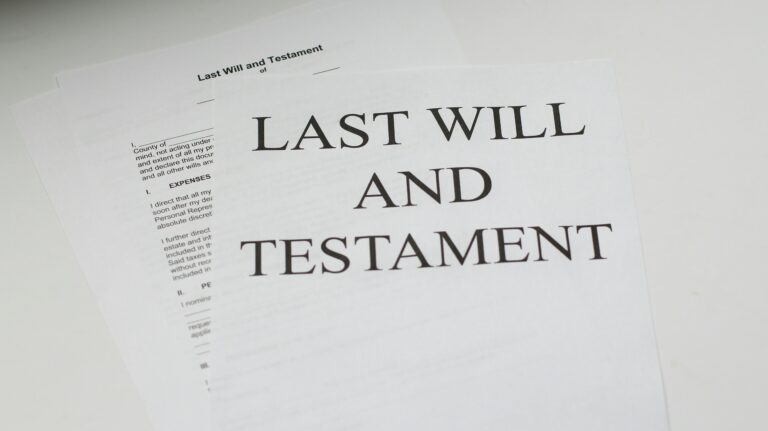
What Happens When Executors Keep Beneficiaries in the Dark?
A couple who never had children created a will, leaving their six nieces and nephews equal shares of their estate upon their deaths. When the uncle died, the aunt remarried years later but never changed the will, except for giving her second husband a life tenancy in the family home. A recent article from Market Watch asks if what happened next is right: “My late aunt gave her husband a life tenancy in her home—but her attorney won’t even let us see the will. Is this a bad sign?”
The problems began when the aunt’s attorney told the nieces and nephews that they were responsible for the taxes and property insurance while the life tenant lived in the home. The nieces and nephews had never seen a copy of the will, so they are unsure of their responsibilities as remaindermen. Nothing in the estate needed to go through probate, so the aunt’s will was not available to beneficiaries through the county court.
This case illustrates several important estate planning points. First, an executor of a will (or an administrator of an estate) is required to keep beneficiaries “reasonably informed” of the will’s contents after probate. It seems reasonable for the nieces and nephews to be able to see the will.
In most cases, the person given the life tenancy is responsible for paying taxes and property insurance and for the general upkeep of the residence. Any other arrangement is unusual, so the nieces and nephews are right to want to see the will.
The life tenant has rights, including the ability to rent out the property. However, they can’t do anything to decrease the house’s value. It’s important to know that elderly people may be unable to apply for Medicaid because they live in the house this way.
If it has been months since the person died and there hasn’t been any communication from the executor, a few different scenarios are possible. It may be that the executor doesn’t know they are required to keep beneficiaries informed. However, it’s also possible that the executor is engaging in illegal behavior.
In most states, the executor is responsible for providing beneficiaries with a complete inventory and appraisal of all the estate’s assets. Depending on the state, probating an estate may take more than six months, and creditors have a certain number of months to file a claim.
Suppose the beneficiaries wish to replace the executor. In that case, they can do so by speaking with an estate planning attorney and being prepared to go to court and prove the executor is either self-dealing, incompetent or has a conflict of interest.
However, once the will is probated, it will become part of the public record and must be filed in probate court. Depending on the jurisdiction, the court will give the beneficiaries the right to access the will.
The best option for the nieces and nephews is to consult an estate planning attorney to explore their options. If they live in a different state, a local estate planning attorney can recommend someone in their aunt’s jurisdiction to help.
Reference: Market Watch (April 28, 2024) “My late aunt gave her husband a life tenancy in her home—but her attorney won’t even let us see the will. Is this a bad sign?”









